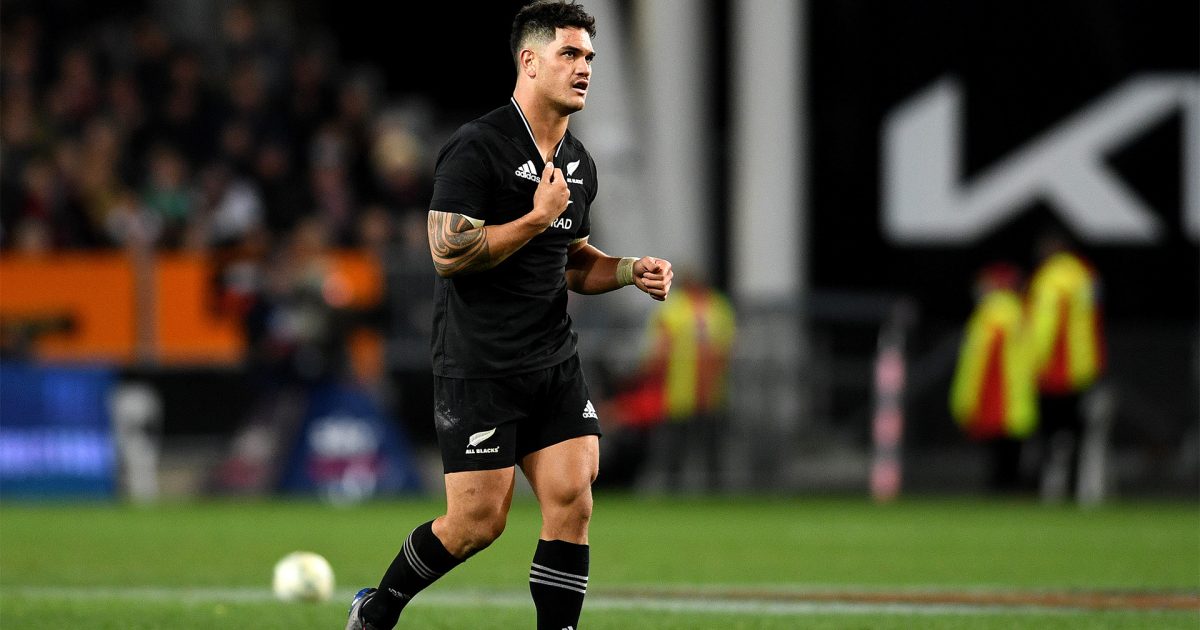Latest scans reveal true extent of damage to Quinn Tupaea's knee

The All Blacks have announced Quinn Tupaea’s knee injury is more significant than initial scans suggested.
The team revealed the news on social media Thursday in a statement:
“Further scans have revealed more extensive damage to the ACL which will require surgery. Quinn will be out of rugby for 9 months, including the 2023 Super Rugby Season.”
The injury occurred in the first Bledisloe test when Wallaby lock Darcy Swain attempted a dangerous clear-out on Tupaea at a ruck.
Swain was yellow carded at the time and later cited, appearing before a SANZAAR judicial committee who served the 25 year old with a six week ban.
The ban wasn’t received well by fans who felt making the ban a matter of weeks rather than games was an improper form of punishment.
Furthering fans distaste for the incident, Australia named Swain in their Australian A side. Many fans interpreted this as a cop out to get one of their top locking options to chew through the ban in a shorter time.
As for Tupaea, his hopes at a Northern Tour appearance were all but wiped following the initial scan, but this update also puts his World Cup hopes in jeopardy.
Missing the next Super Rugby season places the chiefs midfielder in a real struggle to make what is already a heavily contested roster for the All Blacks midfield.
While Tupaea was considered the second option to the Crusaders David Havili this international season, a strong showing by Jordie Barrett in the second Bledisloe test as well as the impending return of Anton Lienert-Brown Brown form injury and the development of rugby league convert Roger Tuivasa-Sheck makes for a logjam 12 for Ian Foster and his selection panel.
The All Blacks captioned their post:
“Feeling for our mate.
“Recover well, Quinn. Cant’t wait to see you back out there next year.”





























send the photos to the juditcy and say they needto rethink and recall darcy swain